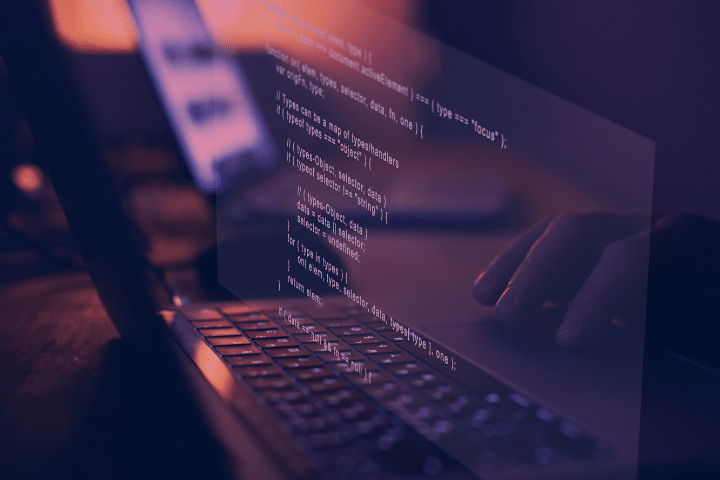Since the World Health Organization (WHO) declared the pandemic caused by Covid-19, schools have been seeking educational strategies in an attempt to continue teaching, even if at a distance.
What has been noticed since then is teachers and educators discovering creative ways to adapt to the new workload demand.
However, it is impossible to deny that the pandemic has deeply affected the regular education of young people. Moreover, numerous schools were slow to adopt remote teaching, and others did not even embrace it.
Not to mention those institutions that ended up having to close their doors because they couldn’t survive the economic crisis generated by the pandemic.
In a report released by UNESCO in December 2021, titled “The State of the Global Education Crisis: A Path to Recovery,” alarming data can be seen, showing that children from various countries lost a significant portion or the entire school year due to Covid-19.
In this report, Brazil was cited as an example of a country offering inclusive technology projects that allowed interaction between teachers and students. One of these means was through the WhatsApp application, which was already used by the vast majority of the Brazilian population.
Thus, with the use of technology, it was possible to develop educational strategies during the pandemic to provide a distance learning system and reduce the impact of the virus on education.
In this article, we present some educational strategies created during the pandemic for the use of technologies and trends for the future of the country’s education.
Technological Tools Driving Content Sharing
Here we can mention the use of the most well-known technologies through free applications such as WhatsApp and YouTube.
With the use of these tools, many teachers were able to recover from the effects of the pandemic and “reopen their doors,” even if each one in their own homes.
However, according to the UNESCO report, approximately 1.3 billion school-aged children worldwide do not have access to the internet at home.
In Brazil, according to research by the DataSena Institute, about 26% of students in public schools and 4% of students in private schools do not have internet access to attend remote classes.
As a result, teachers needed to address this by developing shorter, more concise videos and increasing the frequency of school tasks for this percentage of students to prevent them from giving up on their education.
Moreover, more attractive and interactive videos could be the innovation needed to implement technology in education.
One point to highlight is that with an increasing number of vaccinated students, the inclusion of the hybrid model has become advantageous for most of the population and has been a way to mitigate the impact of Covid-19.
This is because young people also have the need to socialize with others and thus avoid compromising the mental health of these children.
Therefore, it is of utmost importance for teachers to also address the emotional aspects of the pandemic to prevent insecurities and promote the adaptation from remote to in-person learning.
School Automation
School automation has become a benchmark to be followed after experiencing the pandemic crisis of the novel coronavirus.
This is because the global population has realized that we need to learn how to live in a social world, even when isolated from each other.
Educational strategies using technology allow for an atmosphere of comfort and innovation, precisely what young people have needed since the beginning of the pandemic.
Furthermore, in 2021, UNESCO released a report together with the Ministry of Education (MEC) titled “Impacts of the Diffusion of Artificial Intelligence (AI) in Technical High School Education in Brazil.” In it, the need for the incorporation of artificial intelligence in the school environment becomes clear.
This is because one of the key points of the report indicates that the implementation of AI in the school environment helps prevent future youth from being excluded from the currently competitive job market.
Thus, the pandemic has shown us the urgent need for education to undergo a much greater process of digitization and automation. This allows students to access lesson topics through the internet or with the help of apps and technologies such as artificial intelligence.
Are you involved in the education sector and in need of implementing new technologies? Ubistart can help you. Get in touch and speak with one of our consultants!




